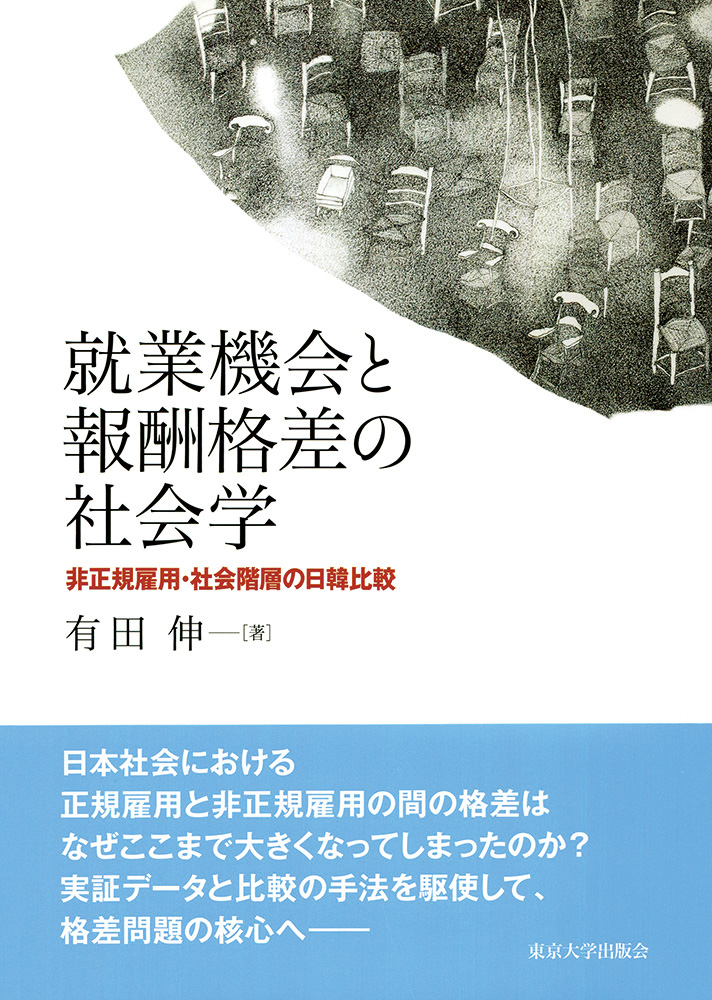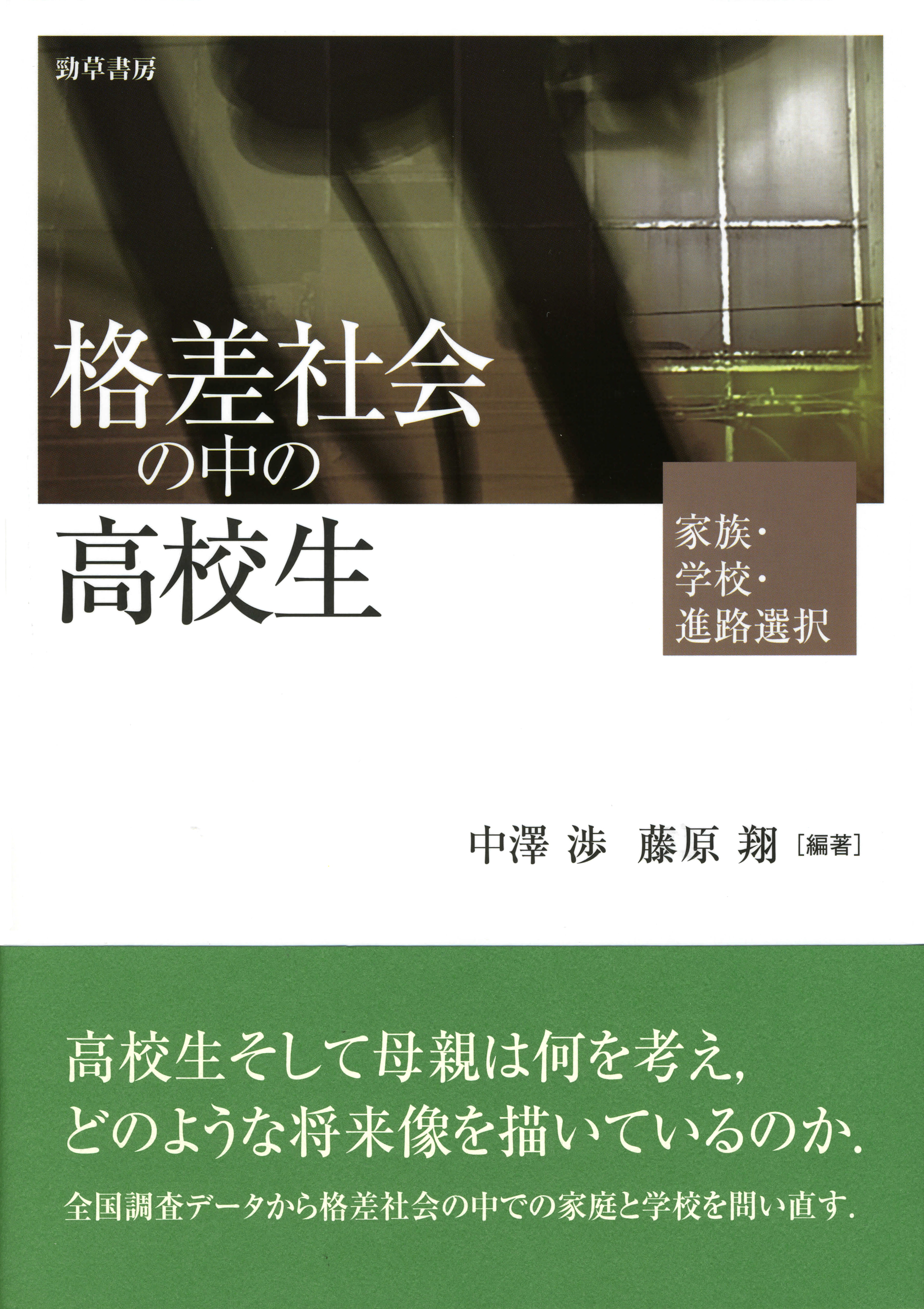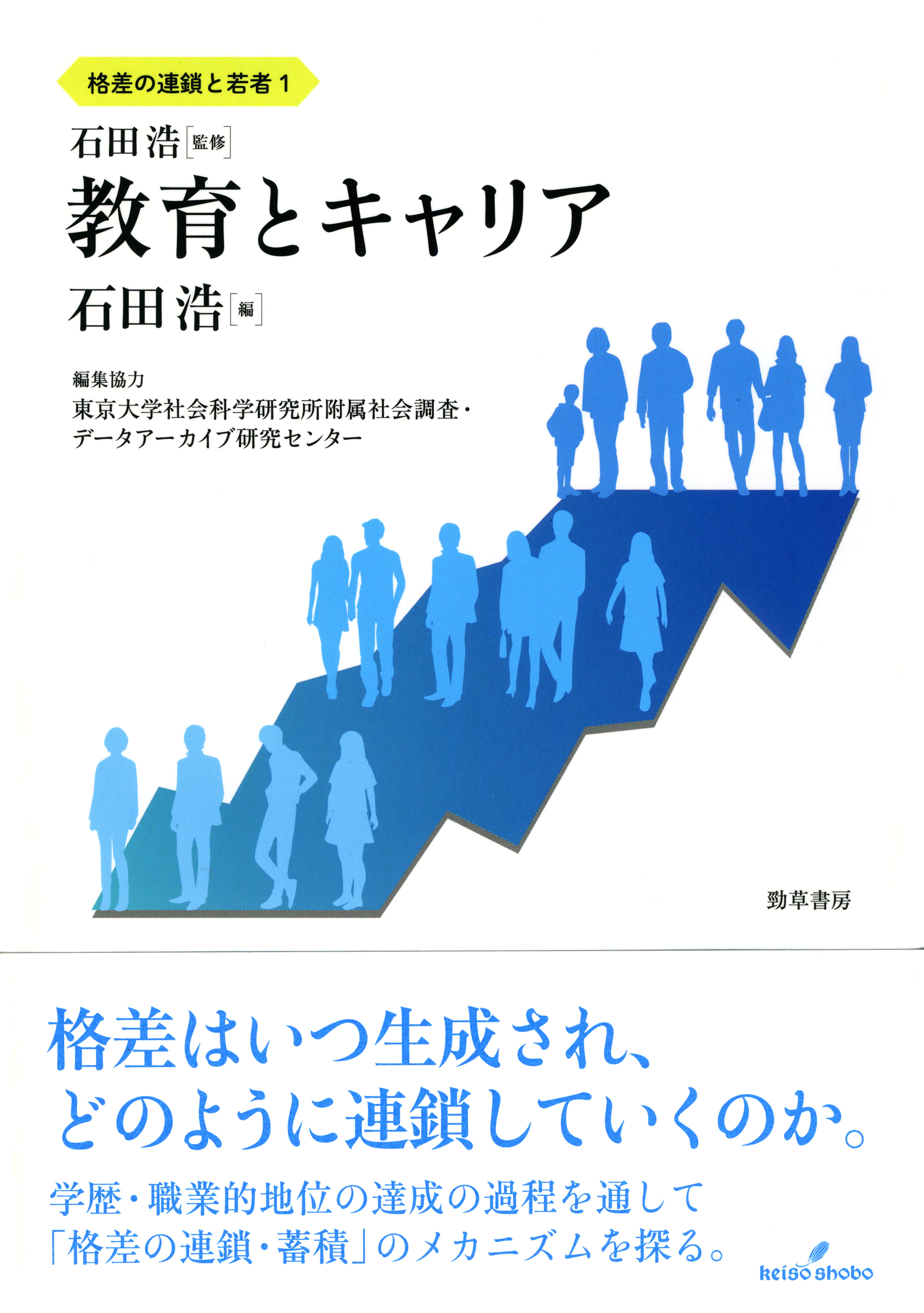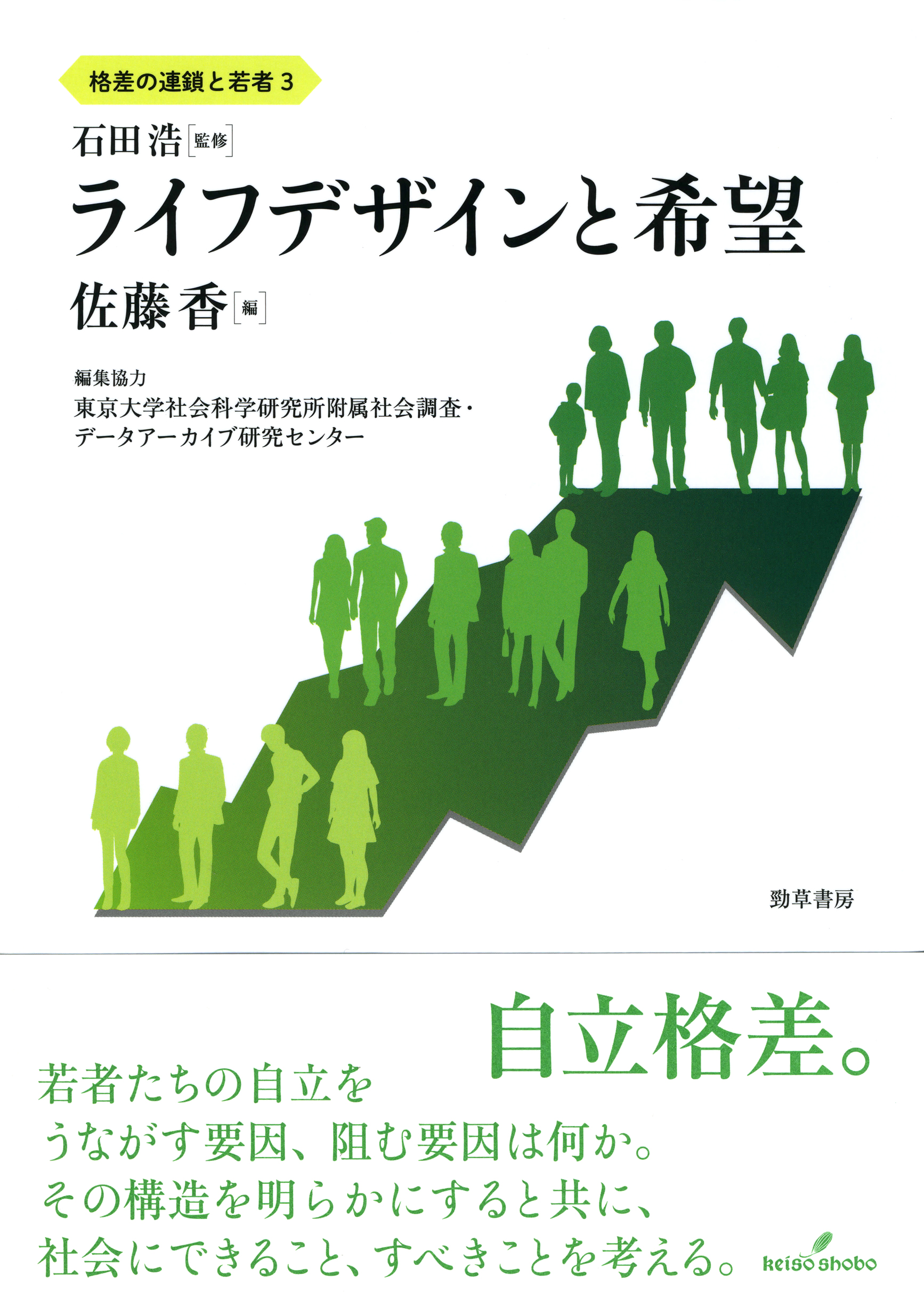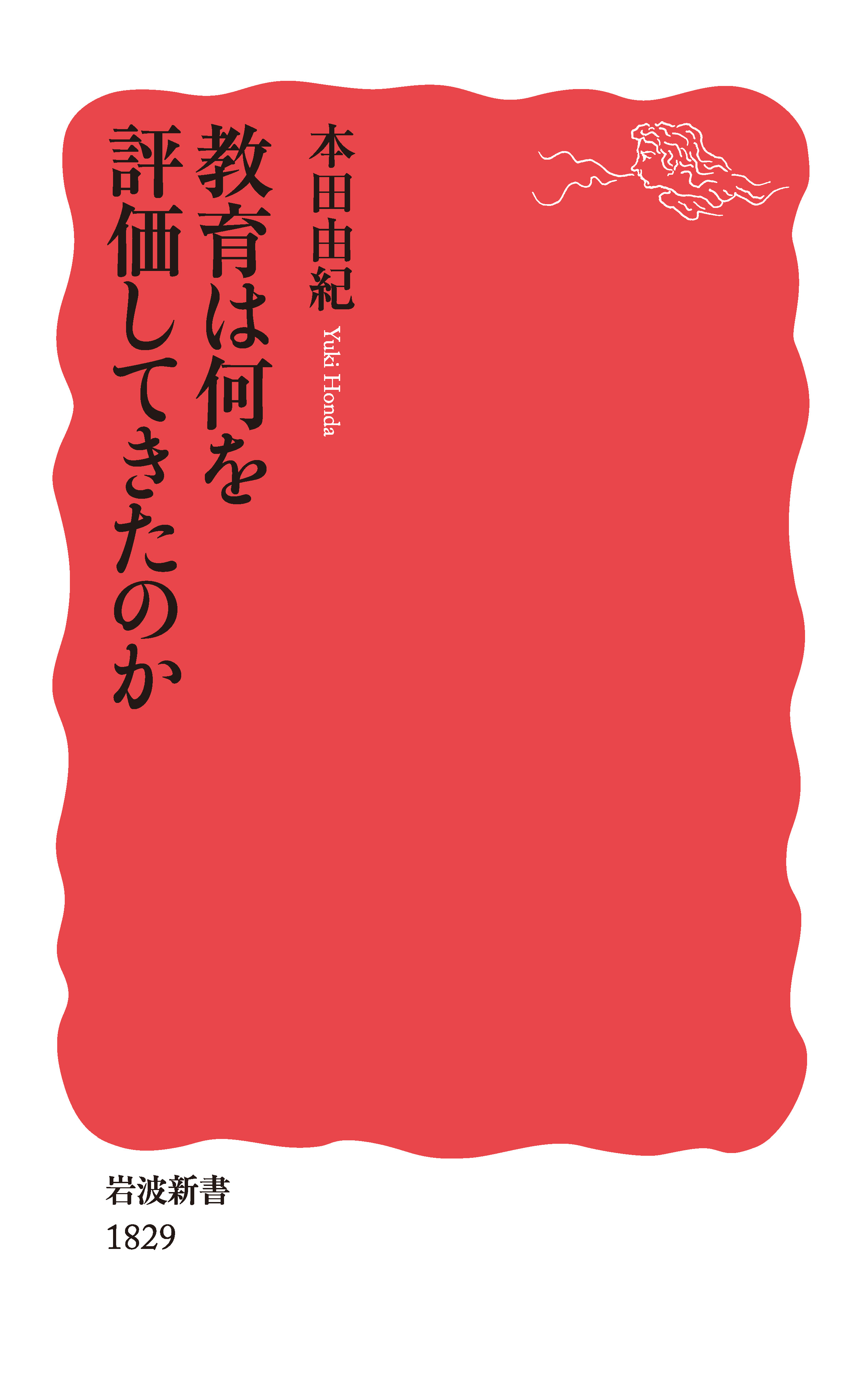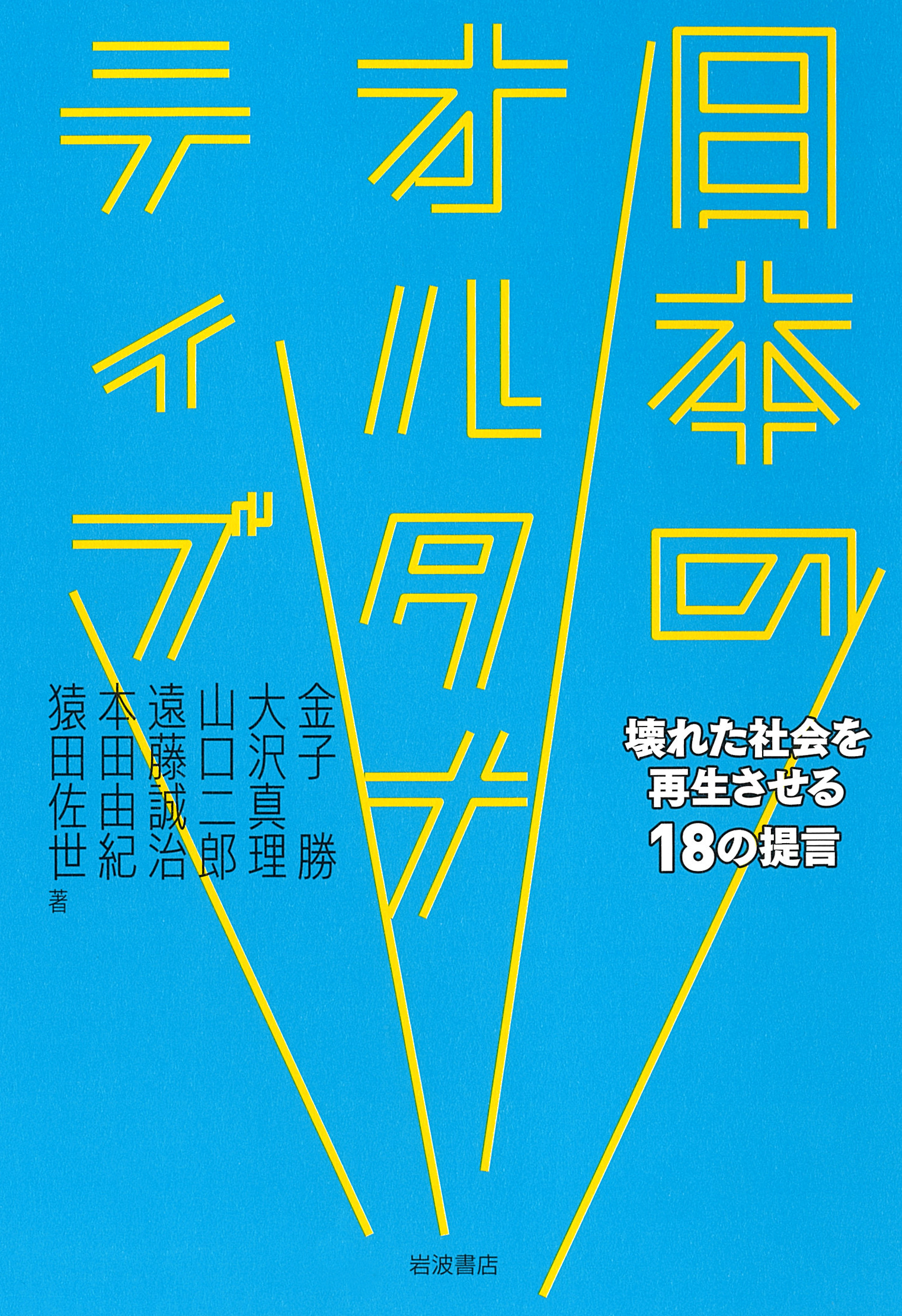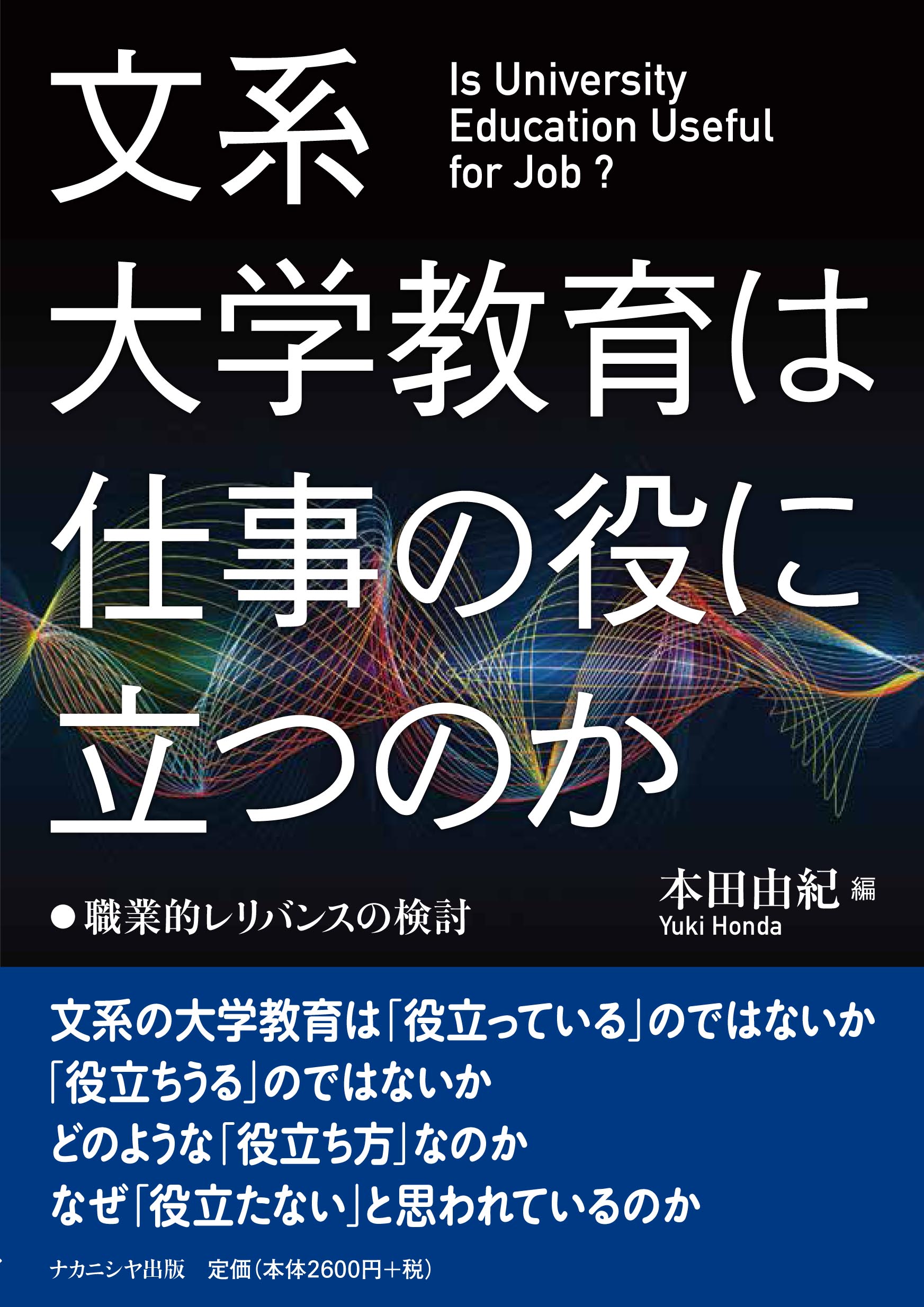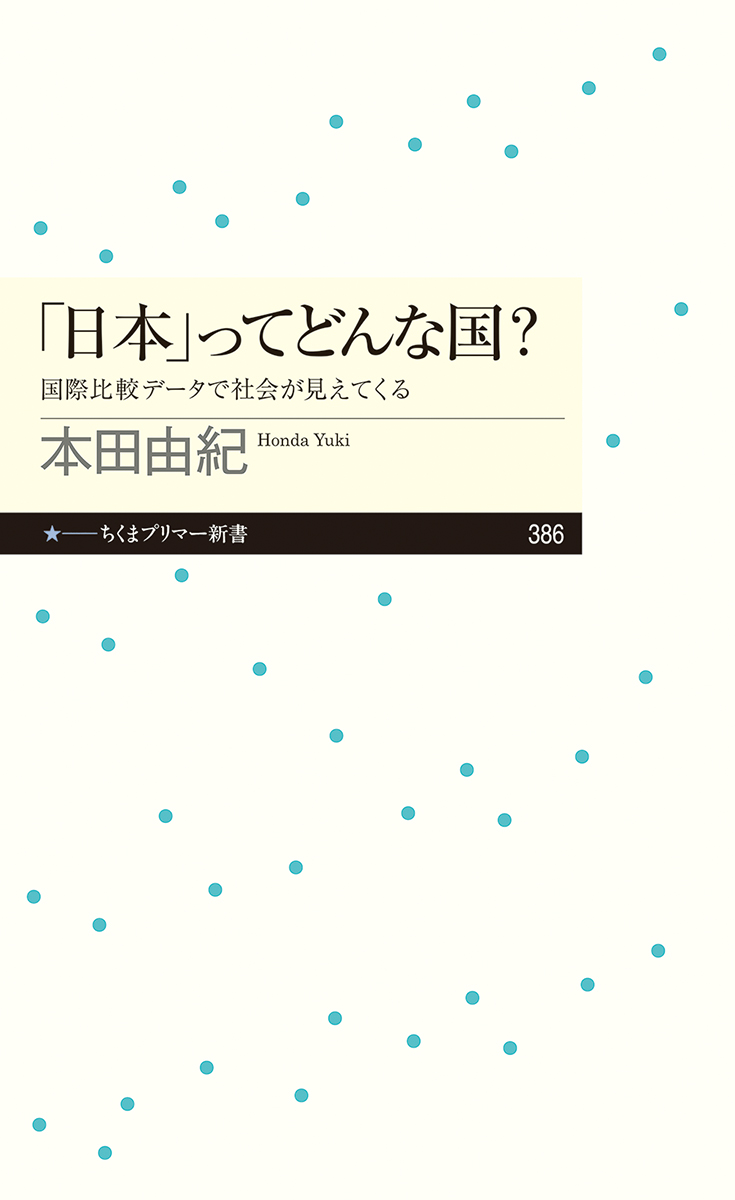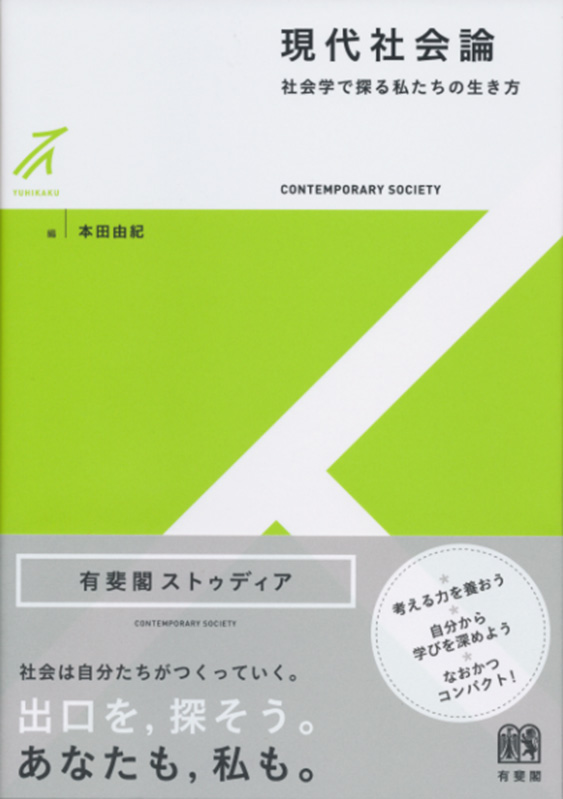
Title
Gendai Shakai ron (Contemporary Sociological Theories: Our lives explored through sociological perspectives)
Size
220 pages, A5 format, softcover
Language
Japanese
Released
June, 2015
ISBN
978-4-641-15018-8
Published by
Yuhikaku Publishing
Book Info
See Book Availability at Library
Japanese Page
Many academic disciplines are collections of attempts to understand facts as accurately as possible. In sociology, the diverse aspects of society comprise the object of these endeavors. This statement leads to a two-part question: How is it done, and for what purpose?
The first part, “How?” seeks to explore the scientific methods used in sociology. A large body of data and the analysis thereof is required to grasp the “facts” surrounding various sociological phenomena. Data are numbers, words, or diagrams that represent facets of society examined through a given angle, while analysis refers to decoding these data through specific methods of synthesis and interpretation. Therefore, sociology describes efforts to access previously unexplored facts or unknown realities that reflect society.
It is important to be aware that sociology, the study of society, is not isolated from but immersed in its object of interest. Why do sociologists attempt to dissect “society” from one angle and use numbers, images, or expressions to link them in a certain manner for analysis? The various perspectives and tools selected for each sociological examination are inseparable from the object of study. The “facts” obtained through these efforts must be understood as mere products of scholars haunted by society and their efforts to represent it. As such, this discipline cannot be appreciated without this awareness.
Now to the second part of the question: What is the purpose of sociology and how does it serve society through its endless, self-explaining monologue? The author explicitly provides the answer here. The goal of sociology is to construct an image of a newer “society” to propel us forward. Although the discipline largely conforms to society in the present, data and analysis can project the future as a new ripple of ideas that spread into the whirl of meanings enclosing the present.
The recurrent theme, “Seeking the way out” is repeatedly encountered in the chapters of this book, which is a compilation of attempts to illustrate modern Japan from eight sociological angles. The intended audience of this book is young novices in sociology; thus, issues familiar to young readers are scattered throughout each chapter. The occlusive state of the present Japanese society in which young people live is not foreign to the authors, who are mostly young sociologists themselves. This book is a product of the authors’ attempts to depict the reality surrounding our generation as precisely as possible, as they too seek the way out.
How well this book accomplishes that feat is left to the judgment of its critical readers, who are also invited to join forces in constructing a new society.
(Written by HONDA Yuki, Professor, Graduate School of Education / 2018)



 Find a book
Find a book


 eBook
eBook